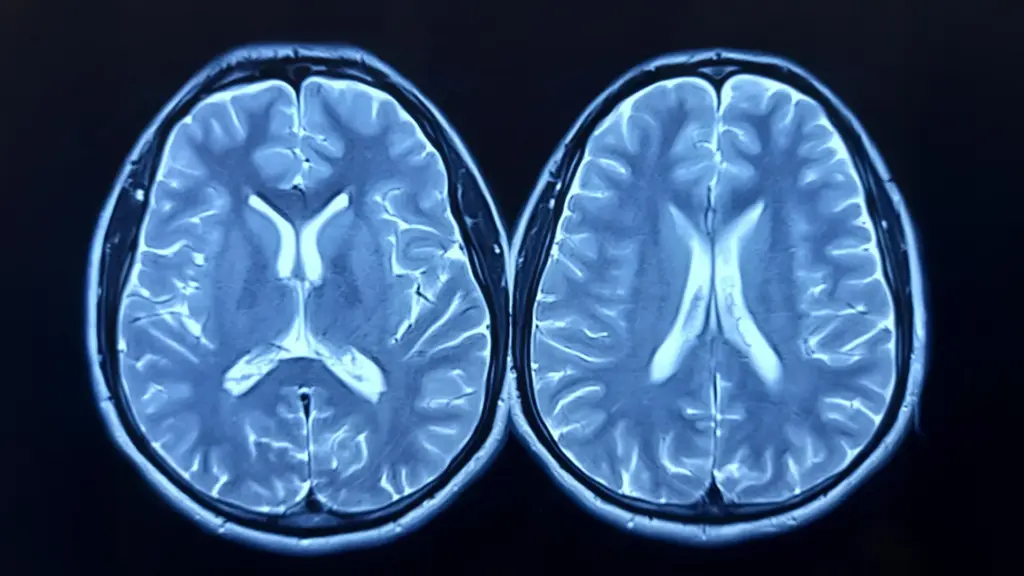A groundbreaking new study published in Nature Communications reveals a startling connection between the COVID-19 pandemic and accelerated brain aging. The research, based on nearly 1,000 participants’ brain scans, shows that the pandemic significantly impacted brain health, even in those who never contracted the virus.
***
The Study’s Key Findings 🔬
Researchers compared brain scans of participants taken before and after the pandemic. Using advanced imaging techniques and machine learning, they estimated each individual’s “brain age”—how old their brain appeared compared to their chronological age. The results were striking: individuals who lived through the pandemic exhibited signs of faster brain aging than those scanned only before the pandemic began. This effect was particularly pronounced in older adults, men, and those from disadvantaged backgrounds.
Interestingly, only participants who contracted COVID-19 between scans showed a decline in specific cognitive functions like mental flexibility and processing speed. This suggests that the pandemic’s impact on brain aging might not solely be attributed to the infection itself but also to the stress, isolation, and uncertainty it created.
***
The Pandemic’s Broader Impact on Brain Health 🌍
The study’s lead author, Dr. Ali-Reza Mohammadi-Nejad, noted that even those who didn’t contract COVID-19 experienced significant increases in brain aging rates. This highlights the profound influence of the pandemic’s overall experience on our brain health. The researchers emphasize that these effects may be reversible, offering a glimmer of hope.
Professor Dorothee Auer, a senior author, points out that brain health is shaped not just by illness but also by our daily environment. The pandemic undeniably placed a heavy burden on individuals, especially those already facing adversity. This underscores the importance of addressing societal factors that contribute to brain health disparities.
***
Longitudinal Data and Future Research 🧠
The research utilized longitudinal MRI data from the UK Biobank, providing a unique opportunity to observe the impact of major life events on the brain. This study serves as a crucial reminder of the interconnectedness of physical and mental well-being, highlighting the importance of proactive measures to mitigate the effects of future global crises on brain health.
While the study’s findings are significant, further research is needed to confirm the reversibility of these effects and explore potential interventions to protect brain health during times of widespread stress and uncertainty. The findings should encourage us to prioritize mental well-being and address societal inequities that exacerbate the impact of such events.
***
Conclusion: A Call for Proactive Brain Health 💡
This study delivers a clear message: the COVID-19 pandemic had a measurable impact on brain aging, affecting even those who weren’t infected. The findings emphasize the importance of prioritizing mental well-being and addressing societal factors that influence brain health. While the possibility of reversing these effects offers encouragement, proactive steps to protect our brains during times of stress and uncertainty are crucial. This research is a critical step towards understanding the complex relationship between global events and our cognitive well-being.
Source: Even without catching COVID, the pandemic may have quietly aged your brain



